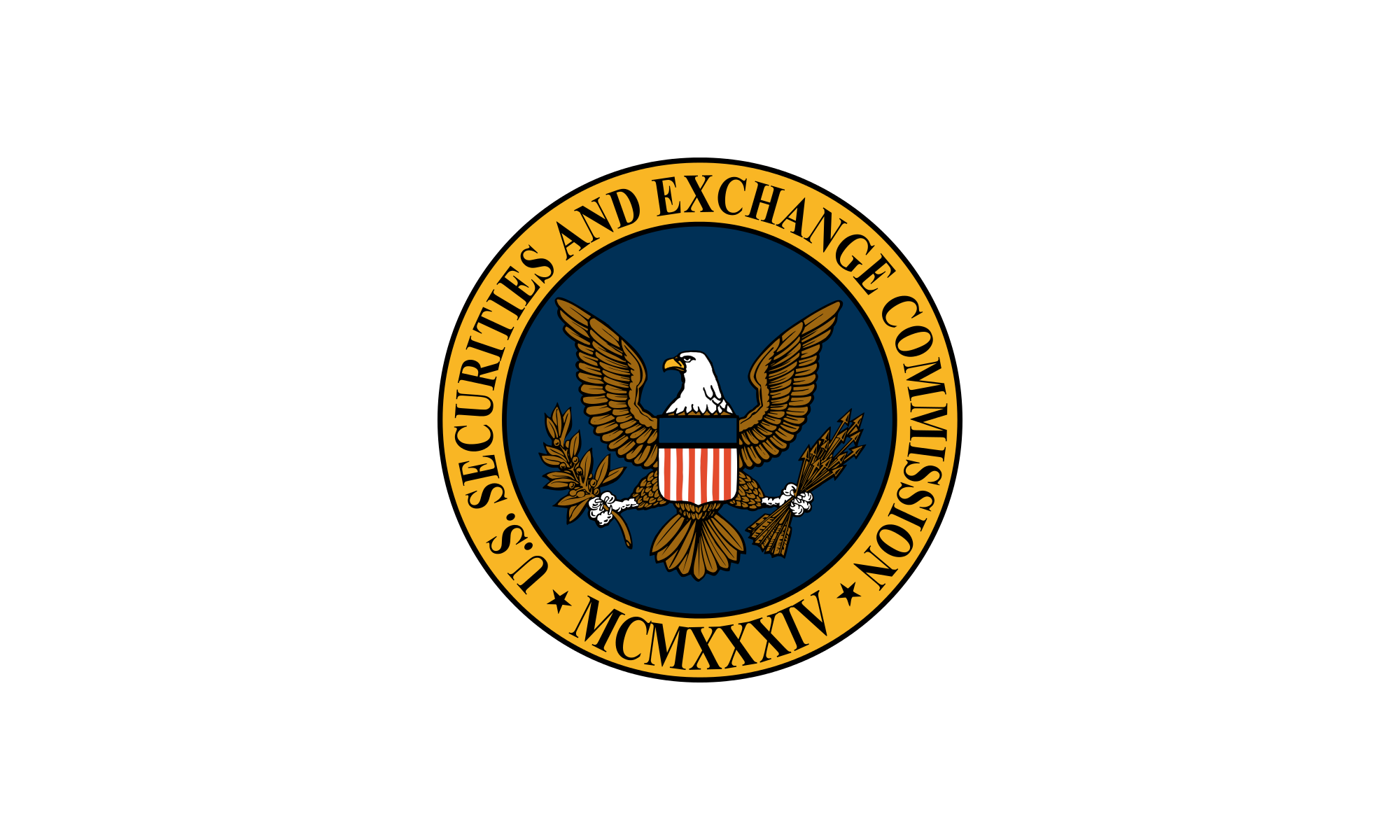
- U.S. Securities and Exchange Commission releases an unrelated plan that could make it easier for the agency to encroach on the cryptocurrency sector, whether through stablecoins or decentralized finance
- Generous wording of the proposed regulatory plan gives the SEC quasi-legislative powers in bringing aspects of the cryptocurrency sector under its purview
Last week, the U.S. Securities and Exchange Commission issued a 654-page plan aimed at regulating “Treasury market platforms” that most in the cryptocurrency space would have glossed over.
But so-called “Crypto Mom” Hester Pierce, the lone Republican on the U.S. Securities and Exchange Commission warned that the “Treasury market platforms” proposal contained expansive language that could also give regulators sweeping new powers to scrutinize digital asset platforms as well, including decentralized finance or DeFi.
In an emailed statement to Bloomberg, Pierce warned,
“The proposal includes very expansive language, which, together with the chair’s apparent interest in regulating all things crypto, suggests that it could be used to regulate crypto platforms. The proposal could reach more types of trading mechanisms, including potentially DeFi protocols.”
U.S. Securities and Exchange Commission Chairman Gary Gensler said in a statement at the time that the plan was released that it would extend existing regulations to more platforms that trade Treasuries and other government securities.
One of those platforms would be stablecoin issuers like Tether, which manages the world’s most widely used stablecoin tied to the U.S. dollar.
Tether has been dogged by allegations that it has never been tied effectively backed by 1-to-1 by the dollar, and last year settled with the New York Attorney General’s Office to make quarterly disclosures on its holdings that are alleged to back each Tether.
A close inspection of those holdings reveals that Tether holds U.S. Treasuries, which according to the SEC’s latest plan, would then fall under the ambit of their jurisdiction.
Tether is widely used in the DeFi space and serves as one of the most liquid trading pairs for other cryptocurrencies.
But beyond the impact to Tether, the SEC’s plan would “expand Regulation ATS for alternative trading systems (ATS) that trade government securities, NMS stock and other securities.”
One of the main concerns would be that “other securities” could be broadly extended to include most if not all cryptocurrencies.
The SEC’s Gensler has long maintained that he believes many cryptocurrencies are de facto securities, and therefore fall under the regulatory purview of his agency.
Gensler has also frequently stated his desire in wanting cryptocurrency exchanges to register with the SEC, indicating that he planned to closely scrutinize those that declined such oversight.
It’s apparent from the SEC’s proposed plan that Gensler intends to make good on such promises.
Short of Capitol Hill deigning it necessary to divert some of their attention to cryptocurrencies, Gensler, the new sheriff in town isn’t waiting around to see laws for the nascent asset class get made up, preferring to enact his own brand of justice and oversight instead.
Such moves by Gensler are both good and bad.
The SEC is singularly ill-equipped to make determinations on the legislative framework by which cryptocurrencies should be regulated – it’s an enforcement agency, not a lawmaking body.
If the U.S. Congress hasn’t determined that it’s in the interest of the American people to pursue a comprehensive set of legislation to govern the cryptocurrency space, it is not with Gensler’s purview to act unilaterally on behalf of the people.
Far from bringing in the certainty that would draw more mainstream adoption of cryptocurrencies, Gensler’s piecemeal attempt to regulate cryptocurrencies could generate even more uncertainty.
Because participants will never know for sure what law they may be in breach of, or whether they are in breach, factors that could stymie innovation and even drive America’s brightest crypto-entrepreneurs further offshore to countries with more accommodating and clear regulations, this latest move is really more of the same.



